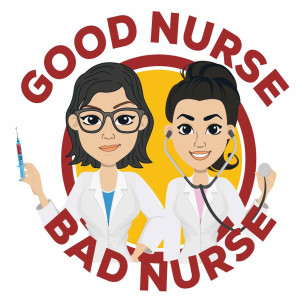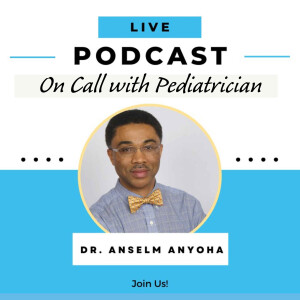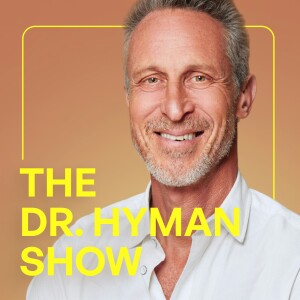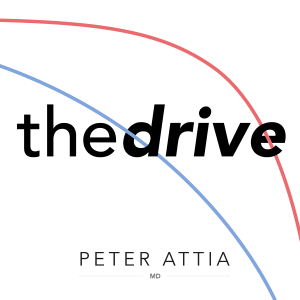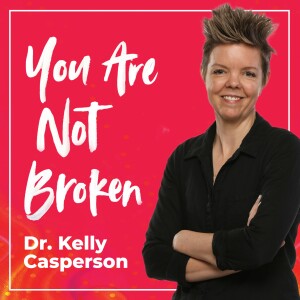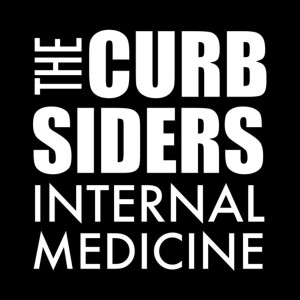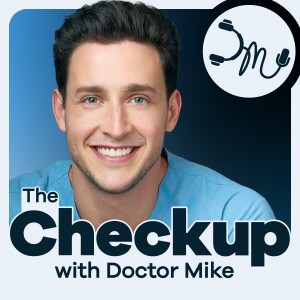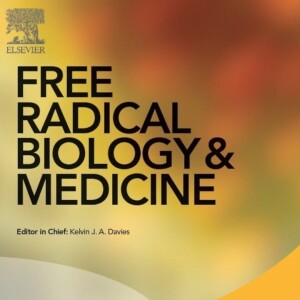

- Speaker: Douglas C. Wallace, University of Pennsylvania, USA
- Moderator: Thomas Michel, Harvard Medical School, USA
Discussing the FRBM Special Issue ‘Mitochondrial Redox Signaling in Aging-Related Diseases - In Honor of Dr. Bruce N. Ames: A Pioneer in Mitochondrial Redox Signaling on Aging Research’. Edited by Prof. Jiankang Liu and Prof. Douglas C. Wallace.
Prof. Wallace is the Michael & Charles Barnett Endowed Chair in Pediatric Mitochondrial Medicine and Director of the Center for Mitochondrial and Epigenomic Medicine at the Children's Hospital of Philadelphia. Professor Wallace has contributed significantly to our understanding of Mitochondrial Human Genetics, a field that he himself founded in the 1980s. Over the years, Prof. Wallace's work has profoundly impacted a broad range of scientific fields from human evolution to neurodegenerative diseases and redox biology and medicine. Prof. Wallace has published over 500 papers, has an H index of 126, and his papers have been cited over 54,000 times.
- [0:38] Introduction of Prof. Wallace
- [2:50] Prof. Wallace's early career and mentors
- [10:17] Bringing in the concept of maternal inheritance of mitochondrial disease states into a role that was focused on Mendelian genetics
- [18:33] Most exciting "wow" moments in Prof. Wallace's career
- [22:50] How new technologies have influenced Prof. Wallace's work and pace of discovery in this field
- [27:51] What can scientists do to engage and educate individuals who are distrustful of science and scientists
- [30:44] What strategies Prof. Wallace has used to communicate his work from one scientific field to another
- [33:38] Advice for young people who are interested in pursuing basic science as a career and dream of being a leading scientist
- [35:04] Closing remarks
More Episodes
All Episodes>>Create Your Podcast In Minutes
- Full-featured podcast site
- Unlimited storage and bandwidth
- Comprehensive podcast stats
- Distribute to Apple Podcasts, Spotify, and more
- Make money with your podcast
